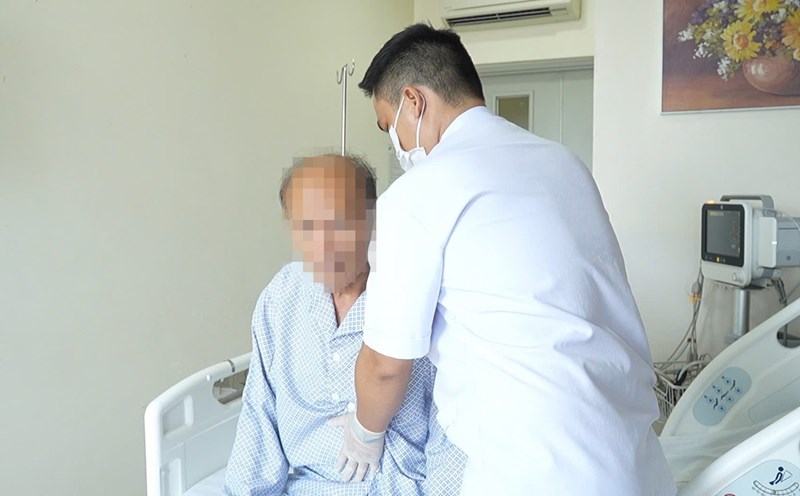Familiar but risky foods
Some seemingly harmless foods can interact directly with heart disease, changing the way the body absorbs or metabolizes drugs. Grapefruit, banana, leafy greens, garlic, black licorice and spices rich in sodium are all on the warning list.
Kristine Dilley, a nutritionist at Wexner Medical Center of Ohio State University (USA), explained: "Even a small amount of grapefruit can increase the concentration of statin in the blood, causing muscle pain, diarrhea and possibly leading to acute kidney failure".
Grapefruit is not the only food to note. Potassium-rich fruits such as bananas, avocados or oranges can be harmful to people who are taking potassium- detoxifying diuretic drugs, ACE inhibitors or angiotensin (ARB) absorber drugs. Eating too many of these foods can lead to hyperkalemia, a dangerous condition that can cause arrhythmia or sudden cardiac arrest.
Eating a serving of a banana may not be a problem, but regularly consuming too many potassium-rich foods can lead to serious risks, Dilley emphasizes.
Green vegetables, wine and salty spices: Be careful when combining medication
Leafy greens such as spinach, kale or bok choy are rich in nutrients, but contain a lot of vitamin K, which reduces the effects of warfarin blood thinners.
Sudden changes in vitamin K levels can cause warfarin to lose its effects, increasing the risk of dangerous blood clots, says Dr. Amin Yehya, a cardiologist at sentara Health Health Health (USA). He recommends that patients should maintain a stable amount of green vegetables instead of eating too much or suddenly cutting down.
In addition to green vegetables, spices rich in sodium such as soy sauce, fish sauce or teriyaki sauce can cause the body to retain water, put more pressure on the heart and reduce the effectiveness of blood pressure drugs. If you gain 1 to 1.5kg in 24 hours or have difficulty breathing, contact your doctor immediately, warns Dr. Yehya.
Alcohol is also on the limitation list, especially for people taking anticoagulants, statins or blood pressure medications. The combination can cause dizziness, fainting, and increase the risk of bleeding or liver damage.
Garlic, especially when used as an extract or supplement, can increase the risk of bleeding when combined with warfarin or aspirin. Meanwhile, black licorice contains glycyrrhizin, which can disrupt electrolytes, cause irregular heartbeat or increase blood pressure. The US Food and Drug Administration (FDA) has even warned that consuming more than 2 ounces of black licorice per day for two weeks can be dangerous for the heart, especially for people over the age of 40.
Advice for people with heart disease
Maintaining a reasonable diet plays an important role in the effective treatment of cardiovascular disease. Patients should not arbitrarily change the diet of foods rich in potassium, vitamin K, or use alcohol, garlic and black licorice without a medical prescription.
Experts recommend that patients should:
Discuss with your doctor or nutritionist before making dietary changes.
To ensure the effectiveness of the drug and safety for yourself, you should ask your doctor about how to use the drugs carefully and thoroughly.
Read food labels carefully to control sodium levels.
Maintain stability in eating habits instead of sudden changes.
Dr. Yehya concludes: C heart disease drugs are only most effective when patients understand the foods that can hinder or increase the risk of complications. Eating smartly is part of the treatment process."











